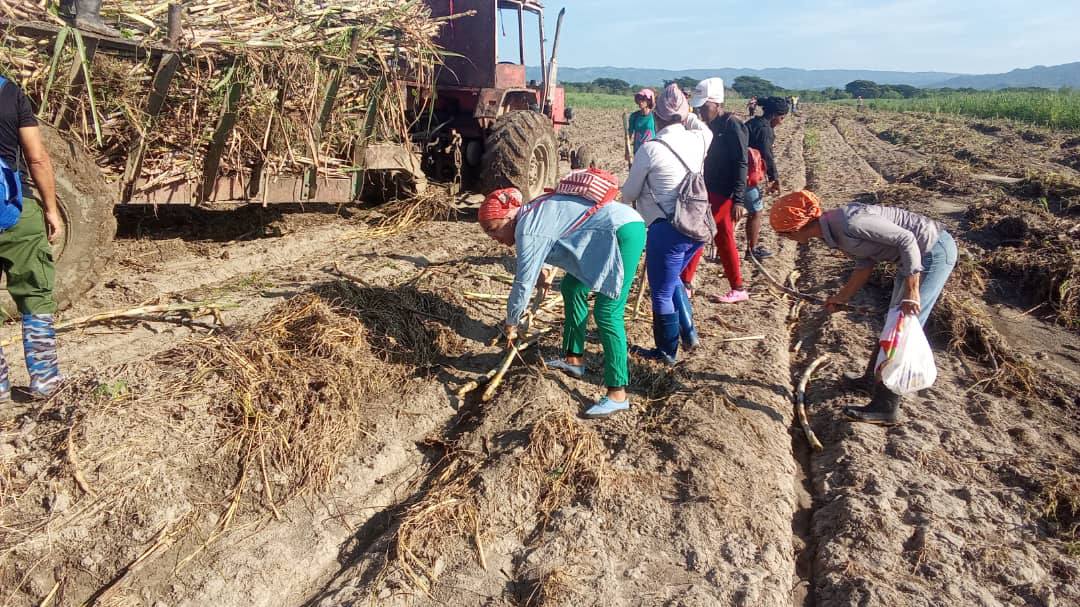 Guantanamo.- The process of debate and analysis of the Government Program to correct distortions and reinvigorate the economy is acquiring an essential breadth. It is not merely about studying a document, but about activating a civic responsibility that allows, through collective reflection, contributing to a way out of the complex economic situation the country is going through, which was worsened by the devastating path of Hurricane Melissa.
Guantanamo.- The process of debate and analysis of the Government Program to correct distortions and reinvigorate the economy is acquiring an essential breadth. It is not merely about studying a document, but about activating a civic responsibility that allows, through collective reflection, contributing to a way out of the complex economic situation the country is going through, which was worsened by the devastating path of Hurricane Melissa.
This civic exercise presupposes assuming that every opinion and every proposal can have a real impact on the country’s direction.
The call to political and mass organizations, organs of People’s Power, entities, and agencies to participate in the collective construction of the Program is an expression of a participatory democracy that demands direct involvement.
This extensive consultation process will extend until December 30, conceived as the guiding thread to advance the country’s gradual recovery. The consultation is not a mere formality: it aims to generate ideas and solutions from the specific scenarios where challenges manifest and to articulate them into a coherent and viable national project.
In essence, it is a political process aimed at enriching and energizing the Program, so that every workforce, every institution, and every territory identifies how to contribute concretely to its materialization. In this way, the collective construction will endow the document with greater solidity, comprehensiveness, and relevance. Simultaneously, it will reinforce public knowledge of the actions undertaken and yet to be executed, creating conditions for more effective popular monitoring and control.
The 11th Plenum of the Central Committee of the Communist Party of Cuba, scheduled for December 12 and 13, will evaluate the compliance of this Program, in a context where the highest authorities have insisted on the need to publicize it, explain it, and submit it to citizen scrutiny.
It was not for nothing that last July, Miguel Díaz-Canel Bermúdez emphasized the importance of the population thoroughly understanding its rationale and scope, so that support is not formal, but committed and conscious. This informed support is precisely what grants legitimacy and strength to any transformation strategy.
As Prime Minister Manuel Marrero Cruz reminded Parliament, the challenges are numerous: from electricity, water, and food to transportation, medicines, prices, and the strengthening of social policies. However, he reaffirmed that the charted course and what is outlined in the Program are correct.
It is precisely in this context that the citizen debate gains decisive relevance: because popular participation not only enriches the solutions but also builds a sense of shared responsibility in the face of a challenge that belongs to everyone.